To maintain prestige and ensure quality with partners, many Vietnamese agricultural businesses today have to build their own fruit export raw material areas.
Mr. Nguyen Hoang Cung (Director of Dai Thuan Thien Clean Agricultural Products Company Limited, Can Tho) owns a "huge" fruit growing area with thousands of hectares stretching from the Central Highlands to the Southwest region.
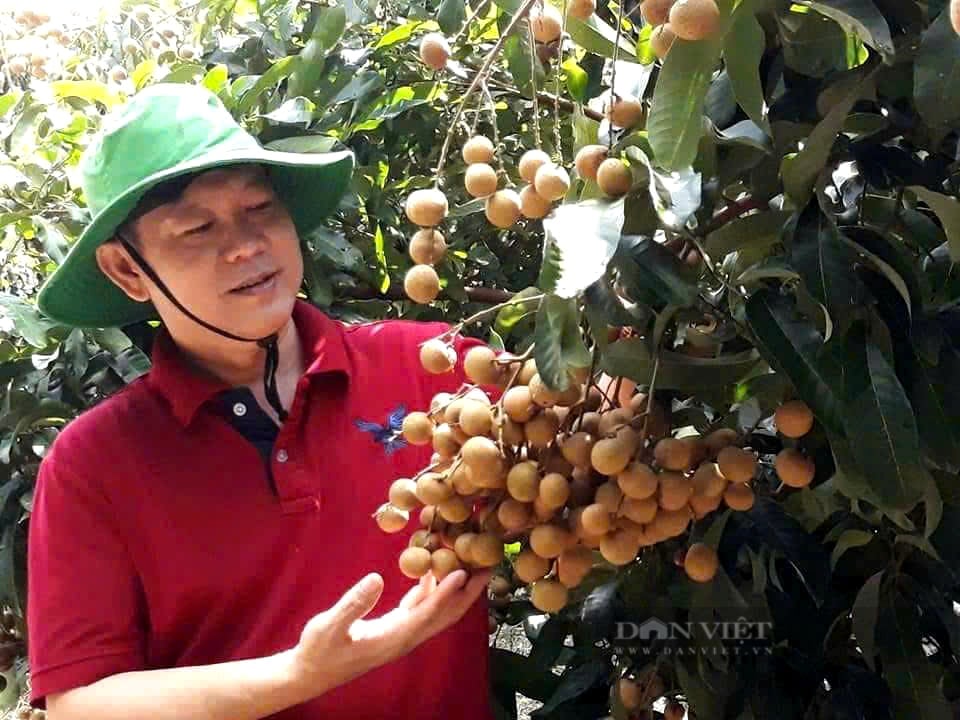
Mr. Nguyen Hoang Cung has built a fruit export material area with thousands of hectares. Photo: T.D
Build your own fruit export material area for sure
"In 2005, I worked as a "trader" or "broker" buying and selling agricultural products. Because I followed the "trader" mindset, I didn't care about quality, I bought and then sold, I just wanted to make a profit. I made a lot of money, but because of the "trader" mindset, I also had many ups and downs because the fruits that farmers grew were not of guaranteed quality," Mr. Cung confided.
Now, Mr. Cung has a large clean fruit export company, so ensuring fruit quality with partners is a top priority.
And that is why, for a long time, Mr. Cung has been working hard to build his own quality fruit export area to maintain the market and reputation with partners. He does not dare to trust in buying fruit from outside because he doubts the quality.
"I had to change from a "trader" mindset to a businessman mindset," Mr. Cung shared.
That is, Mr. Cung went his own way, gathering farmers to build fruit export material areas, building value chains for agricultural products, transferring production solutions, then consuming, purchasing, and selling to the market...
"Of course, building your own fruit export area is more difficult than buying directly from farmers. But the quality of the fruit you produce is something you can confidently sell to your partners. In Vietnam today, the quality of agricultural products is very worrying, whether it is VietGAP, GlobalGAP or Organic... Because each farmer does it in a different way," Mr. Cung shared.
According to Mr. Cung, VietGAP or GlobalGAP standards are only good manufacturing practices, not a manufacturing process. Farmers can use this or that pesticide and wait for a quarantine period to ensure product safety, which is completely different from the manufacturing process to ensure consistent products.
"For international trade, what they care about is the uniformity of the quality and appearance of agricultural products. We can make better fruit than Thailand, but if we don't have uniformity, we shouldn't think about doing long-term business with international partners. When exporting a batch of goods, if by chance some fruits are not inspected properly, the whole batch will be ruined. Therefore, building raw material areas is also a way to build uniformity of agricultural products.
Like Mr. Cung, Mr. NQ, the owner of an online "agricultural market", also had to build his own fruit growing area. According to Mr. Q, he has opened an online "agricultural market" for over a year now.
"To have fruit to sell, I contacted some farmers to get the goods. While working, the farmers enthusiastically committed to delivering quality products with beautiful designs. However, when the delivery was completed, I was scolded by customers because the quality of the fruit was not as promised," Mr. Q. lamented.
So, to maintain the "farm market" and ensure reputation with customers, Mr. Q. was forced to build a fruit material area.
According to Mr. Q, he has joined with some friends to establish an agricultural cooperative with an area of 14 hectares to grow fruit trees. Of which, Mr. Q. contributed 2 hectares.
"I have to build a quality fruit growing area if I want to maintain my business. I'm fed up with buying floating fruit from outside," Mr. Q. confided.
Building fruit export material areas to bypass censorship
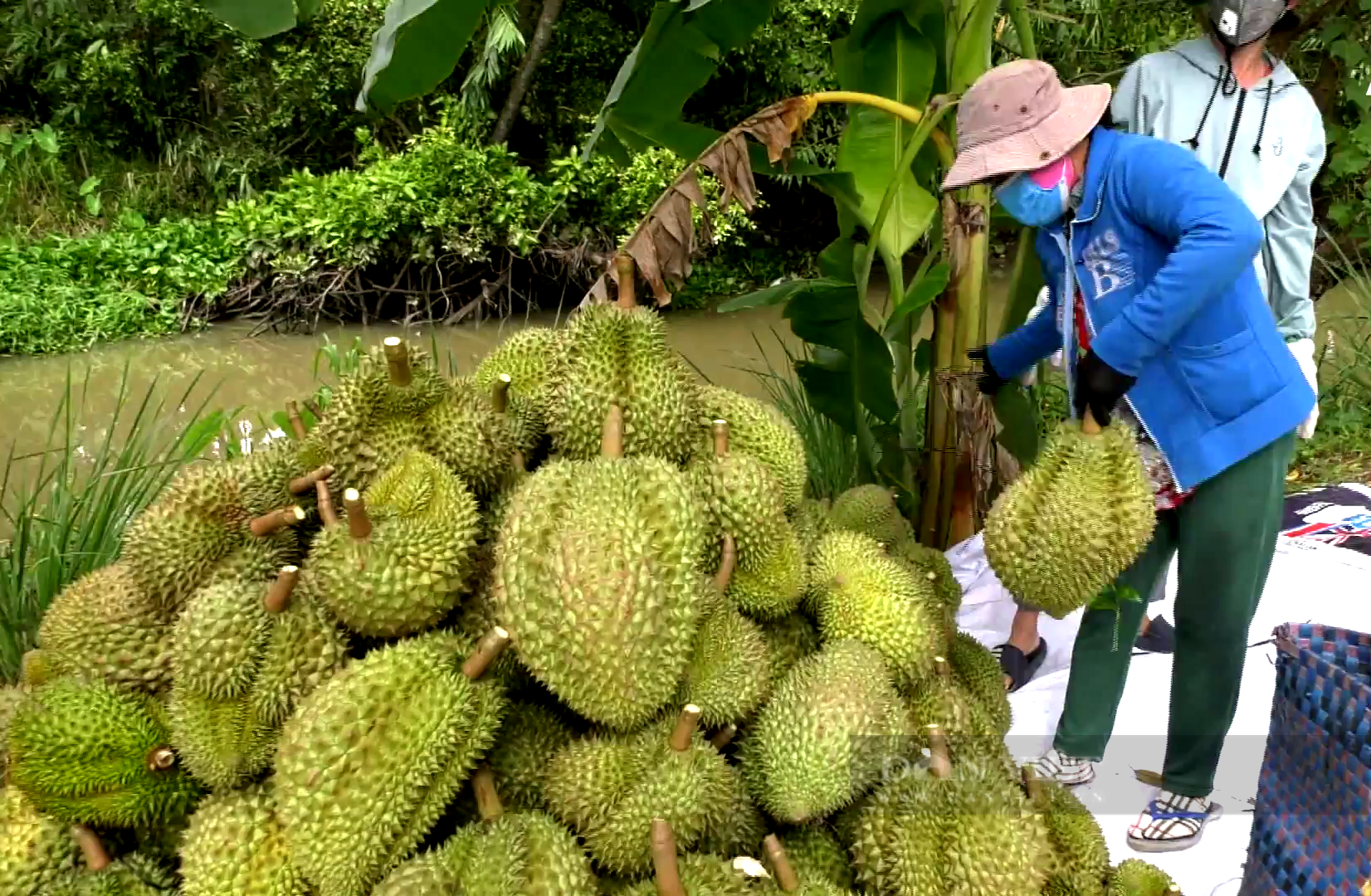
It is necessary to build a fruit export material area for durian. Photo: T.D
It can be seen that in the first two months of 2025, Vietnam's fruit and vegetable export turnover decreased compared to the same period in 2024. According to the Vietnam Customs Department, Vietnam's fruit and vegetable export turnover decreased by 15.7% compared to the same period in 2024, reaching more than 686 million USD.
The sharp decline in fruit and vegetable exports is due to China tightening inspections for BasicYellow 2 (BY2) and Cadmium on durian. In addition to durian, jackfruit and dragon fruit are also on the list of stricter chemical residue inspections.
Worryingly, not only the Chinese market, many other markets are also tightening import standards. Accordingly, the US banned 7 active ingredients with pesticide residues, requiring growing area codes and packaging codes issued by the US Department of Agriculture. Meanwhile, Europe also increased the rate of pesticide inspection on some fruits from 10% to 20%.
Although the situation of tightening fruit quality in foreign markets is like that, according to Mr. Cung, he is not worried about it.
"Currently, I have built a fruit value chain from the export story. If a partner orders 100 or 1,000 containers of agricultural products, I can supply them, with guaranteed quality as required," Mr. Cung affirmed.
Source: https://danviet.vn/ngan-thu-mua-hang-troi-noi-doanh-nghiep-tu-di-xay-dung-vung-nguyen-lieu-trai-cay-xuat-khau-20250329074532727.htm


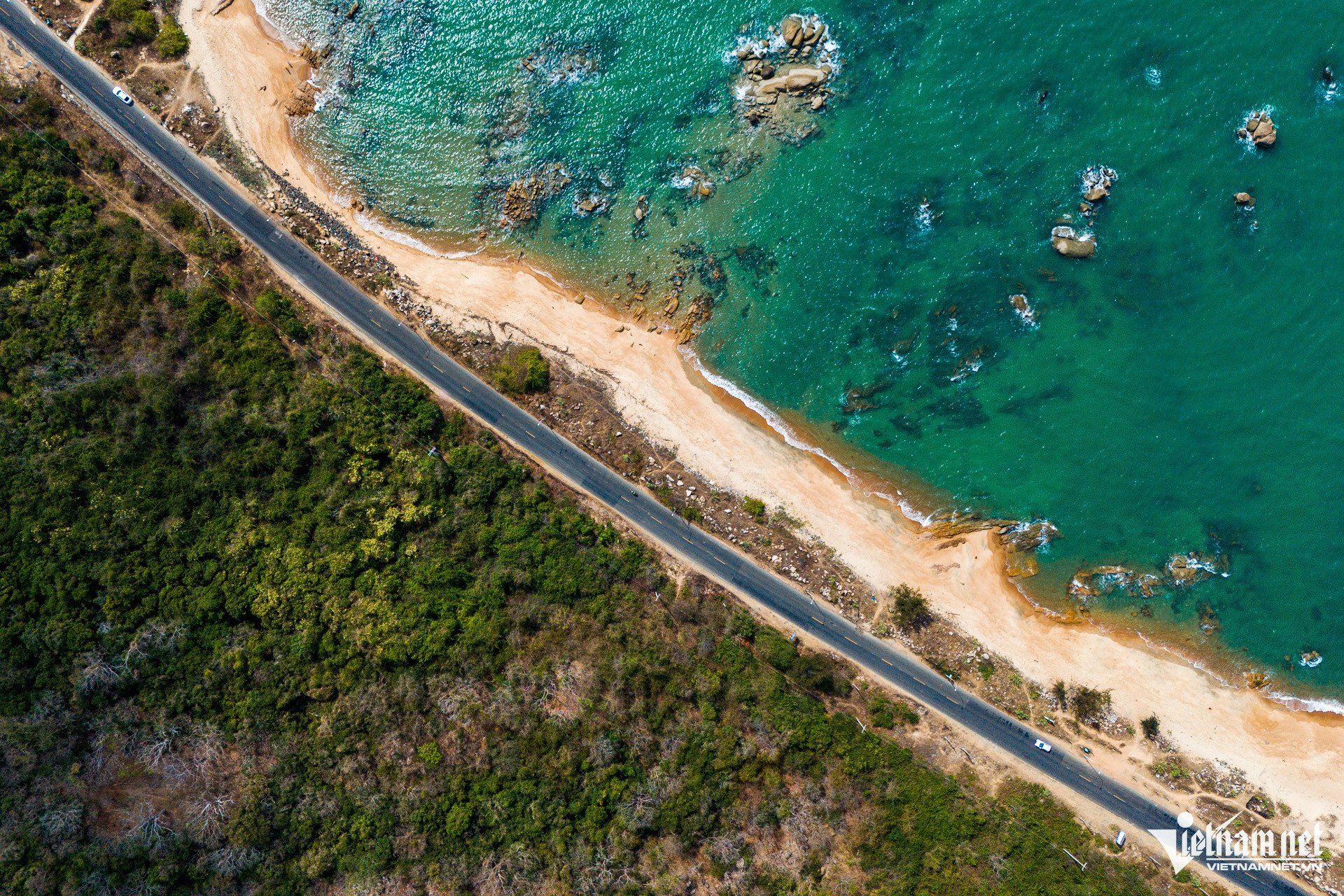
![[Photo] Close-up of Vietnam's sniffer dog team searching for earthquake victims in Myanmar](https://vstatic.vietnam.vn/vietnam/resource/IMAGE/2025/4/1/d4949a0510ba40af93a15359b5450df2)

![[Photo] Third meeting of the Organizing Subcommittee serving the 14th National Party Congress](https://vstatic.vietnam.vn/vietnam/resource/IMAGE/2025/4/2/3f342a185e714df58aad8c0fc08e4af2)

![[Photo] Relatives of victims of the earthquake in Myanmar were moved and grateful to the rescue team of the Vietnamese Ministry of National Defense.](https://vstatic.vietnam.vn/vietnam/resource/IMAGE/2025/4/2/aa6a37e9b59543dfb0ddc7f44162a7a7)
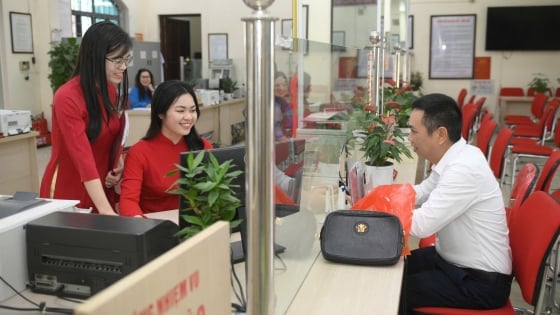
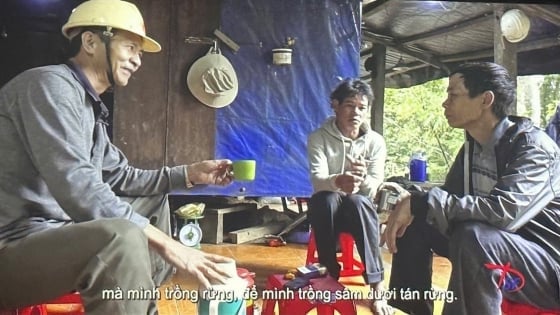
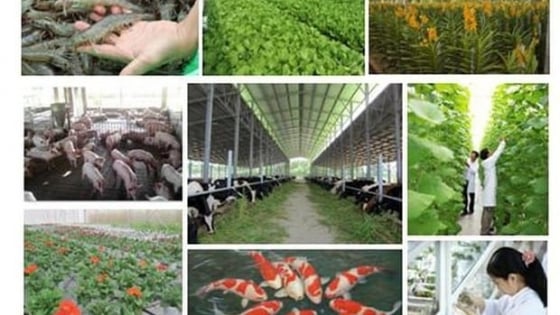
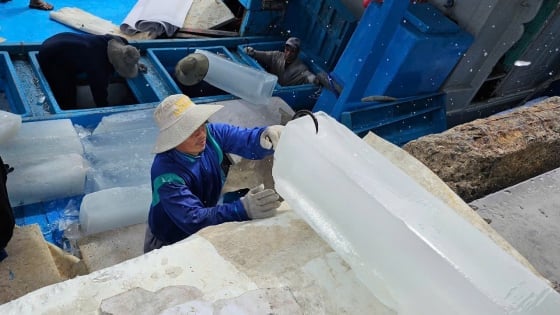
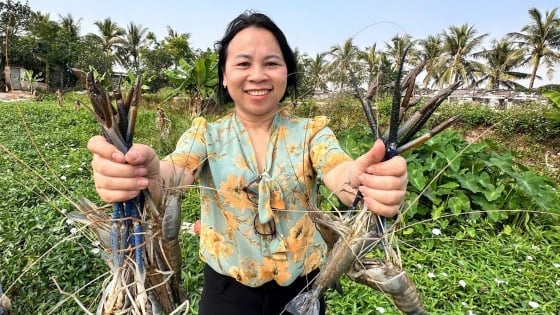
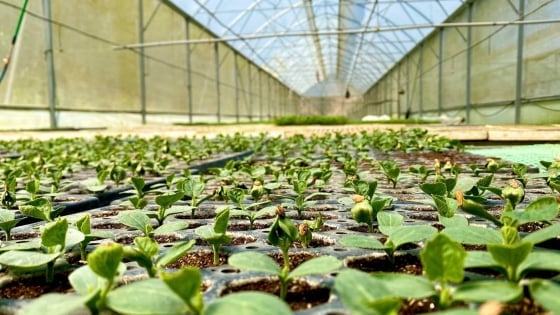





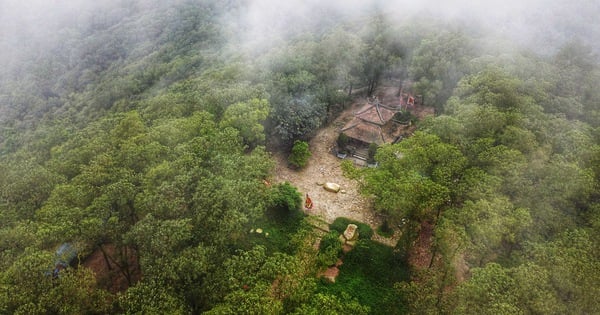
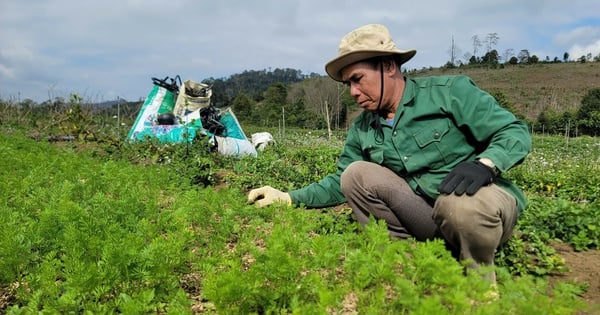
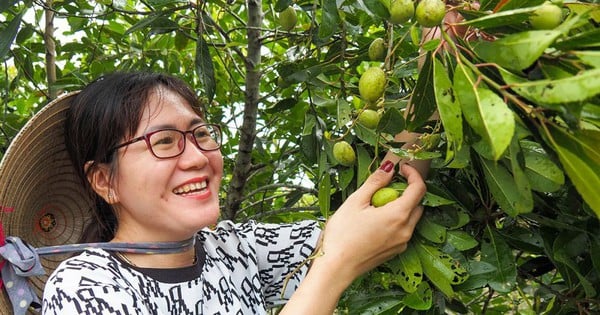
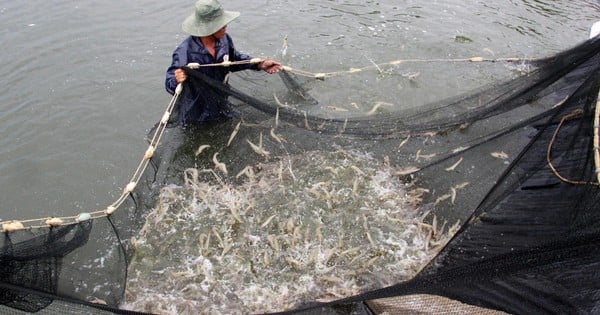
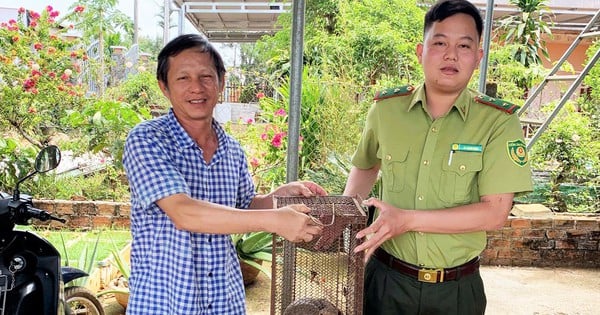


































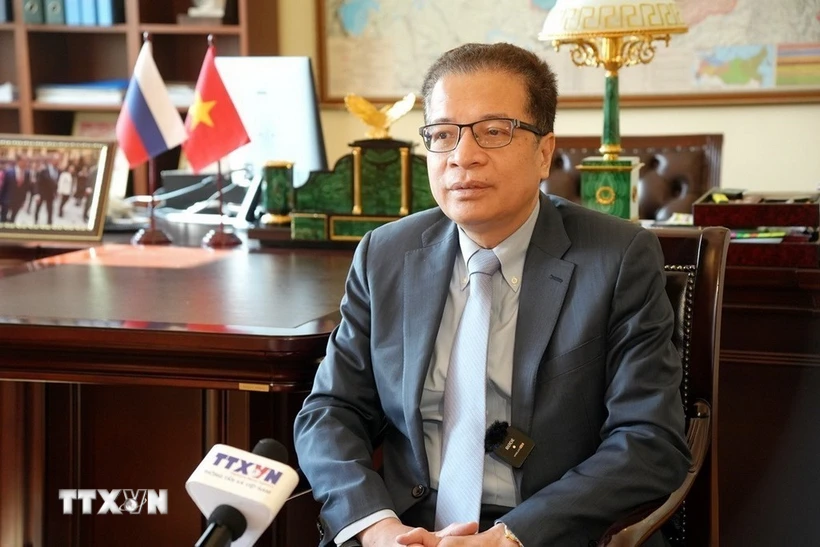


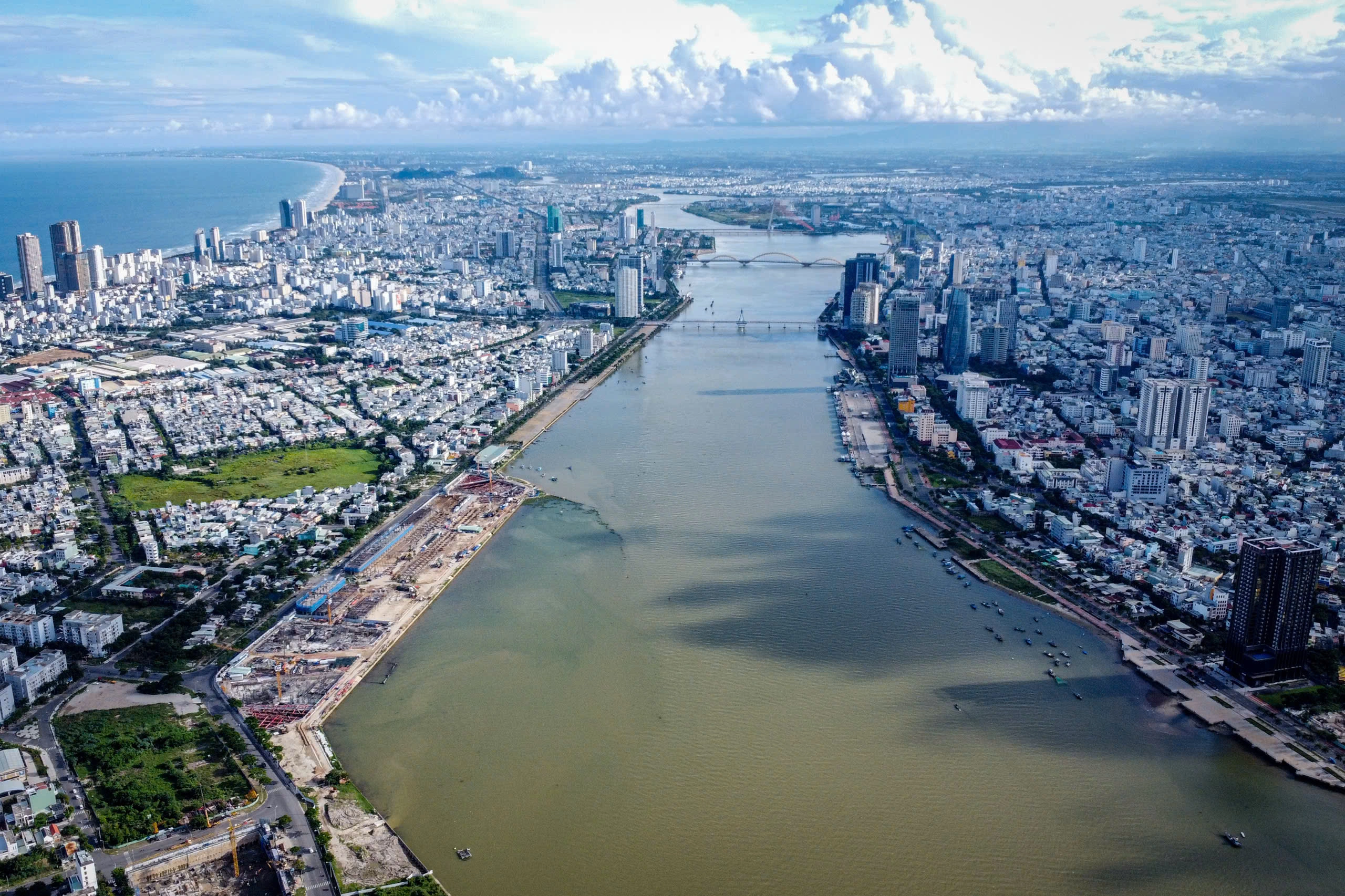



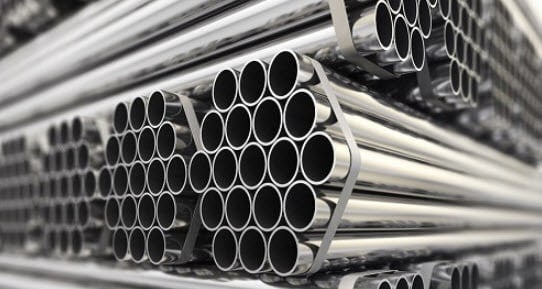


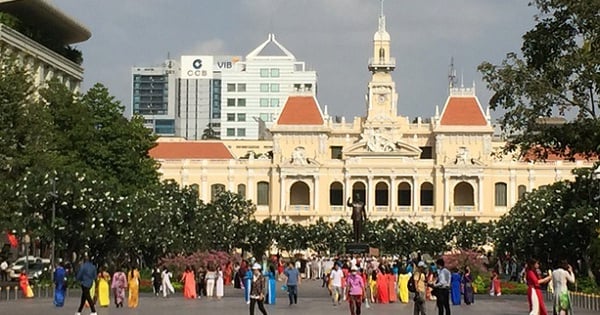
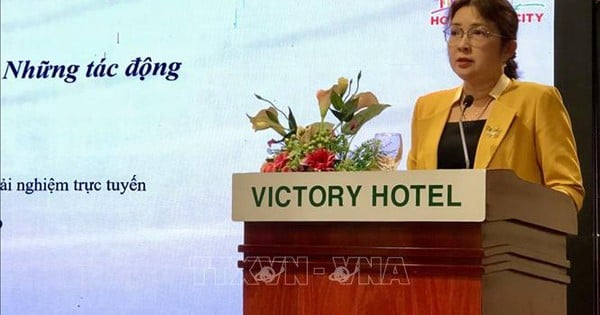
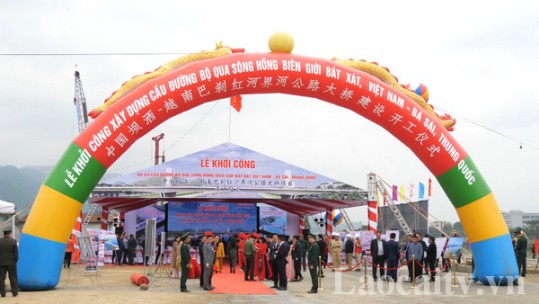

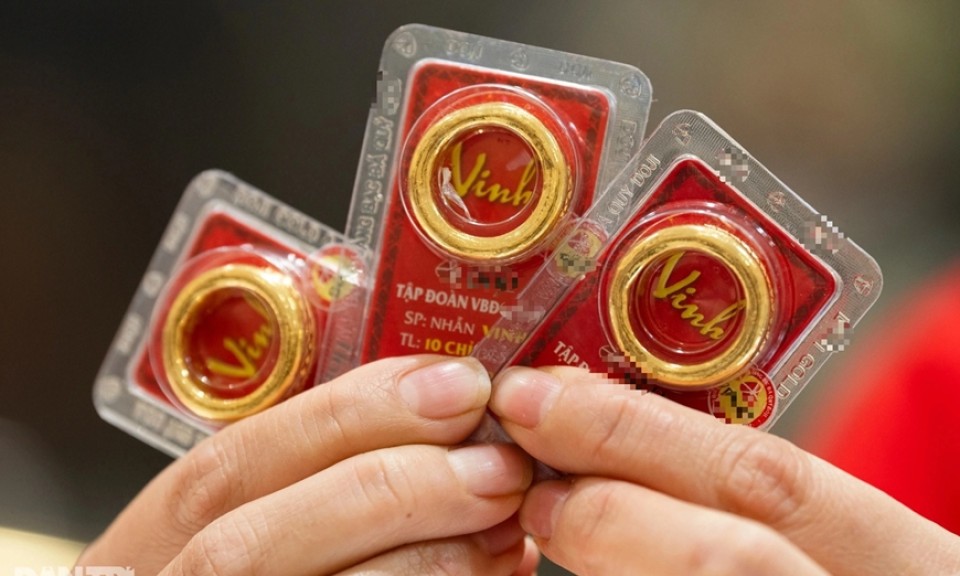
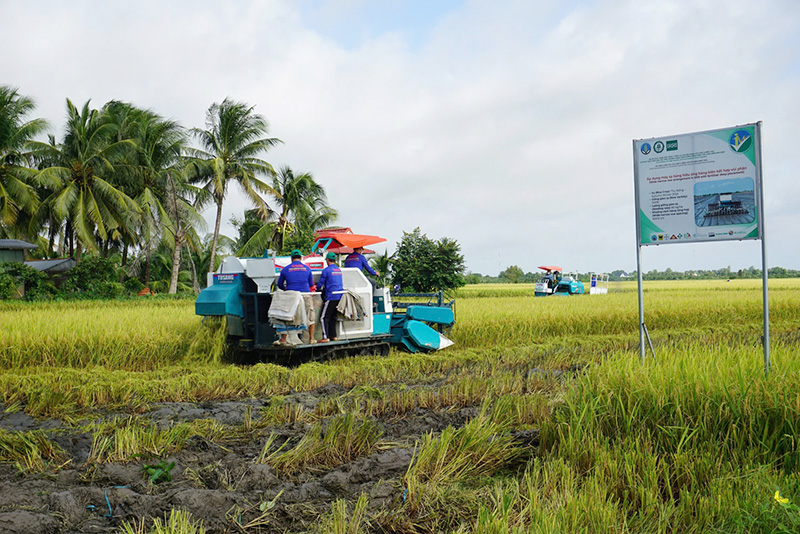
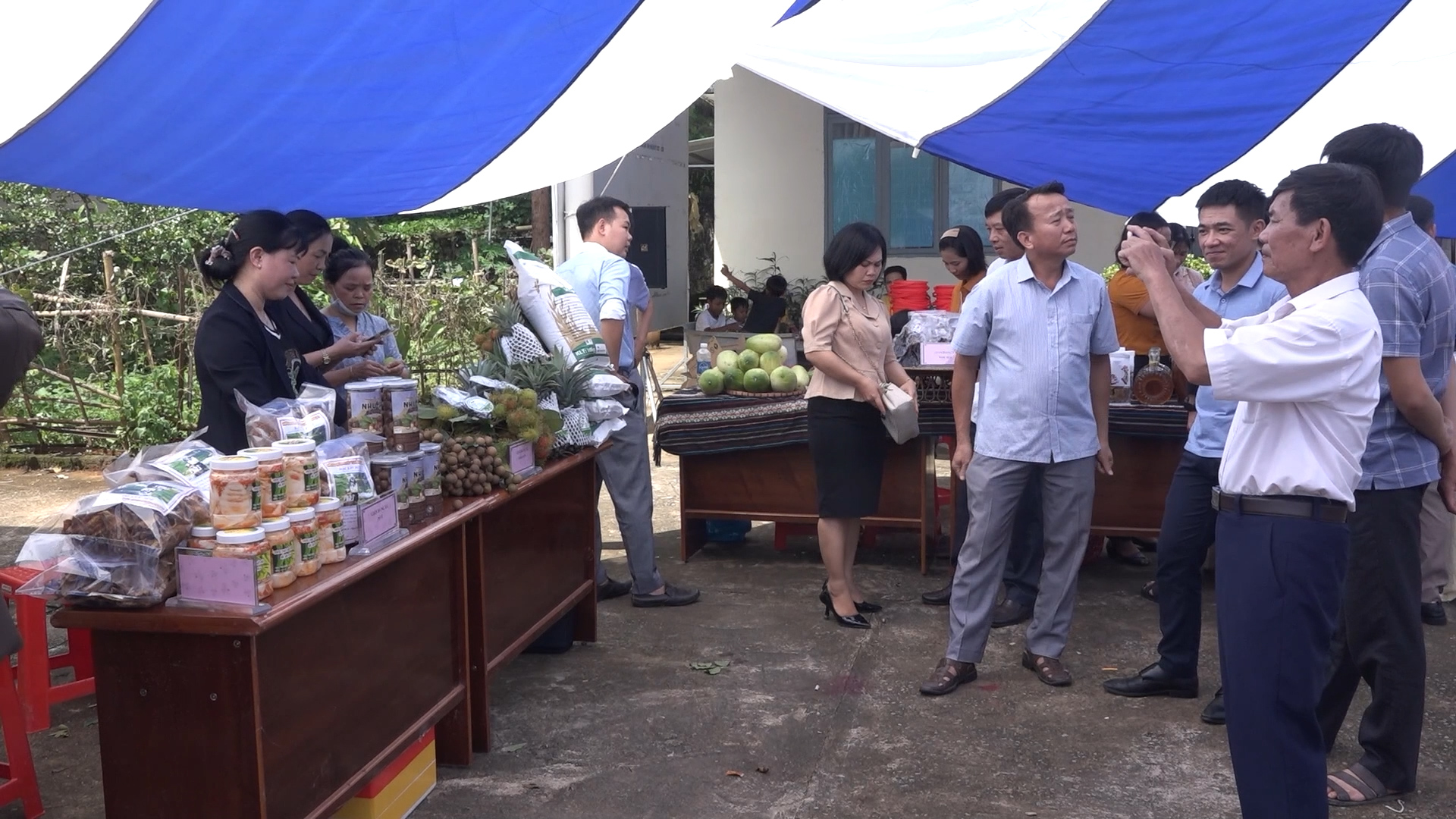


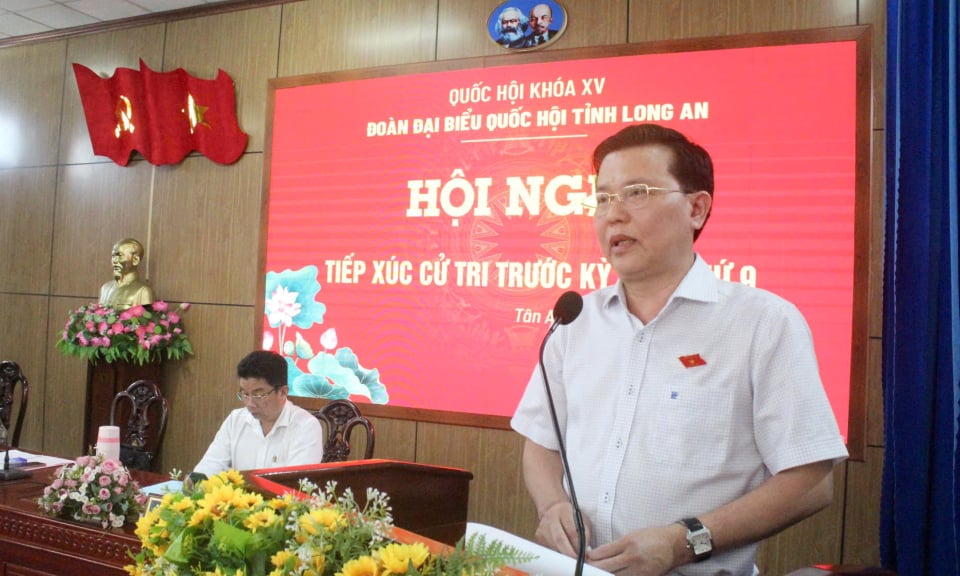












Comment (0)